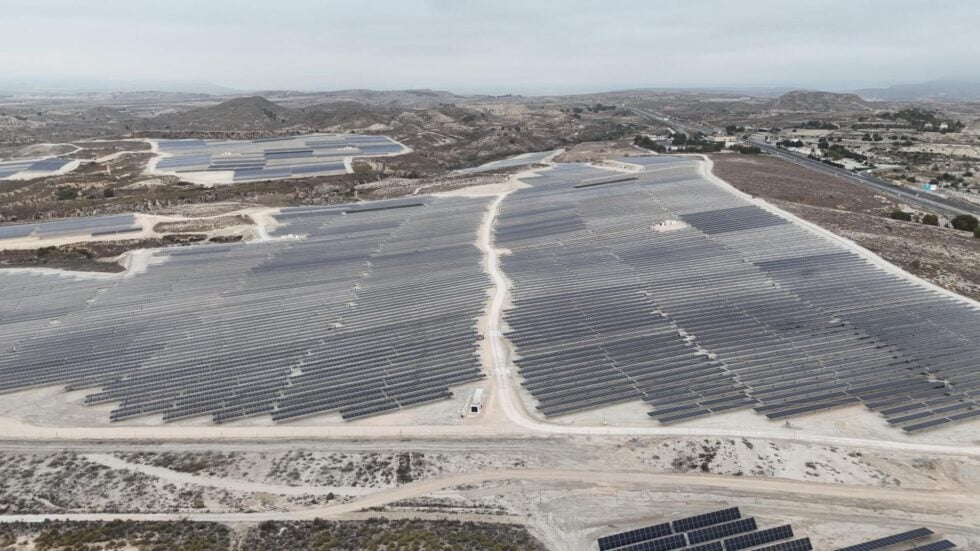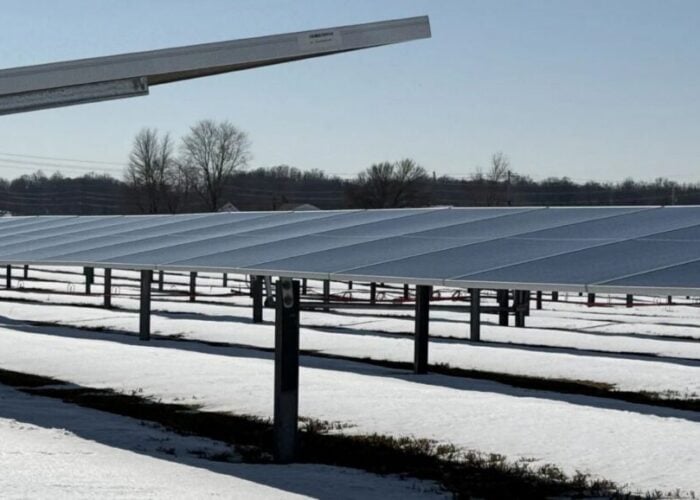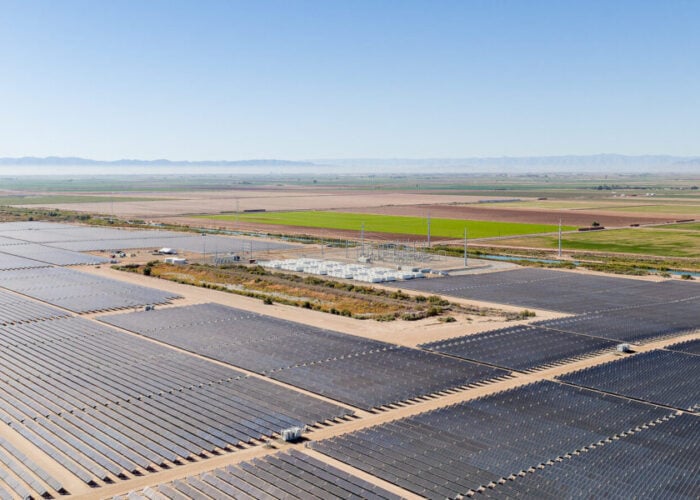
Spanish energy firm Zelestra and Portuguese utility EDP have signed what they call the “first” solar-plus-storage power purchase agreement (PPA) in the Spanish renewables market.
Zelestra will build the 170MWp/400MWh solar-plus-storage project in Trujillo, in Extremadura, with construction expected to begin in the “second half” of 2025.
Try Premium for just $1
- Full premium access for the first month at only $1
- Converts to an annual rate after 30 days unless cancelled
- Cancel anytime during the trial period
Premium Benefits
- Expert industry analysis and interviews
- Digital access to PV Tech Power journal
- Exclusive event discounts
Or get the full Premium subscription right away
Or continue reading this article for free
EDP will buy the power produced at the site, though the companies did not clarify the length of the deal.
Zelestra said the hybrid PPA “is designed to ensure that the battery can always be fully charged daily by the solar plant in all weather conditions, allowing EDP the flexibility to have clean energy outside of “normal solar hours” and at traditionally high-demand, high-price periods of time.”
The company has signed solar-plus-storage PPAs in other markets, with a notable 220MW/1GWh deal in Chile earlier this year.
The Spanish deal comes at a significant moment for the country’s energy sector. The blackout in April, which saw much of Spain and Portugal go without power for hours, triggered an investigation and led to headlines blaming solar and other renewables.
This was proven untrue, and the government put the blackout down to oscillation in the system.
Last month, the Ministry for the Ecological Transition and the Demographic Challenge (MITECO) announced measures to strengthen the Spanish electric system and increase its resilience. These included plans to increase Spain’s energy storage capacity and reduce the permitting times for storage, to increase its hybridisation with renewable energy generation technologies.
However, last month the Spanish Congress rejected the proposals in a decision which the Spanish renewables trade association, Asociación de Empresas de Energías Renovables (APPA Renovables), said would increase the risk of negative power prices.
“Without boosting demand or storage, nor making the entry of renewable energy more flexible in the future, the hours at zero and negative prices in the wholesale electricity market will increase – when part of renewable generation is wasted – putting the profitability and continuity of already operational projects at risk,” APPA Renovables said.






